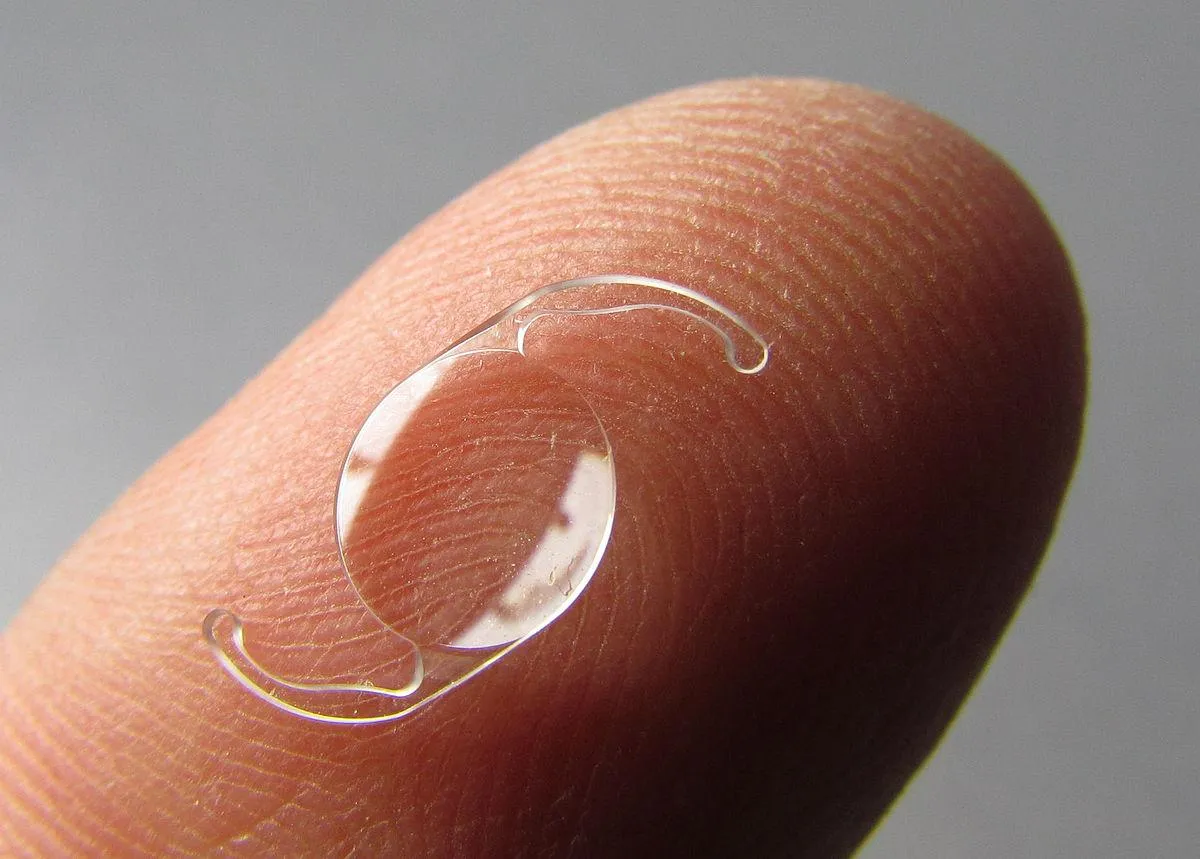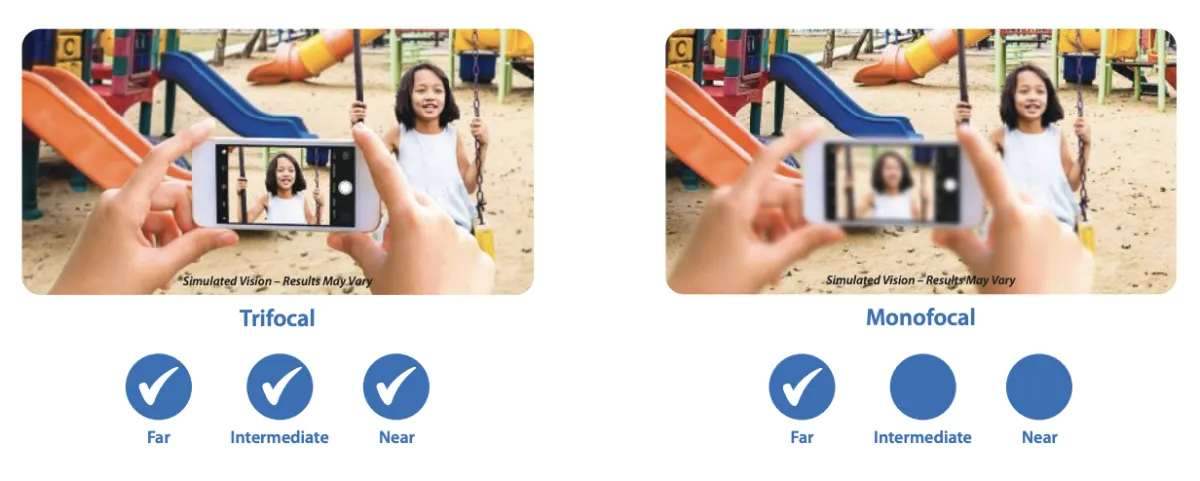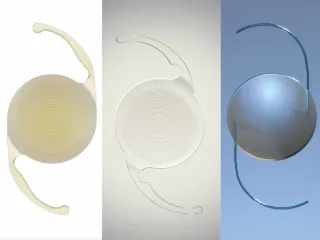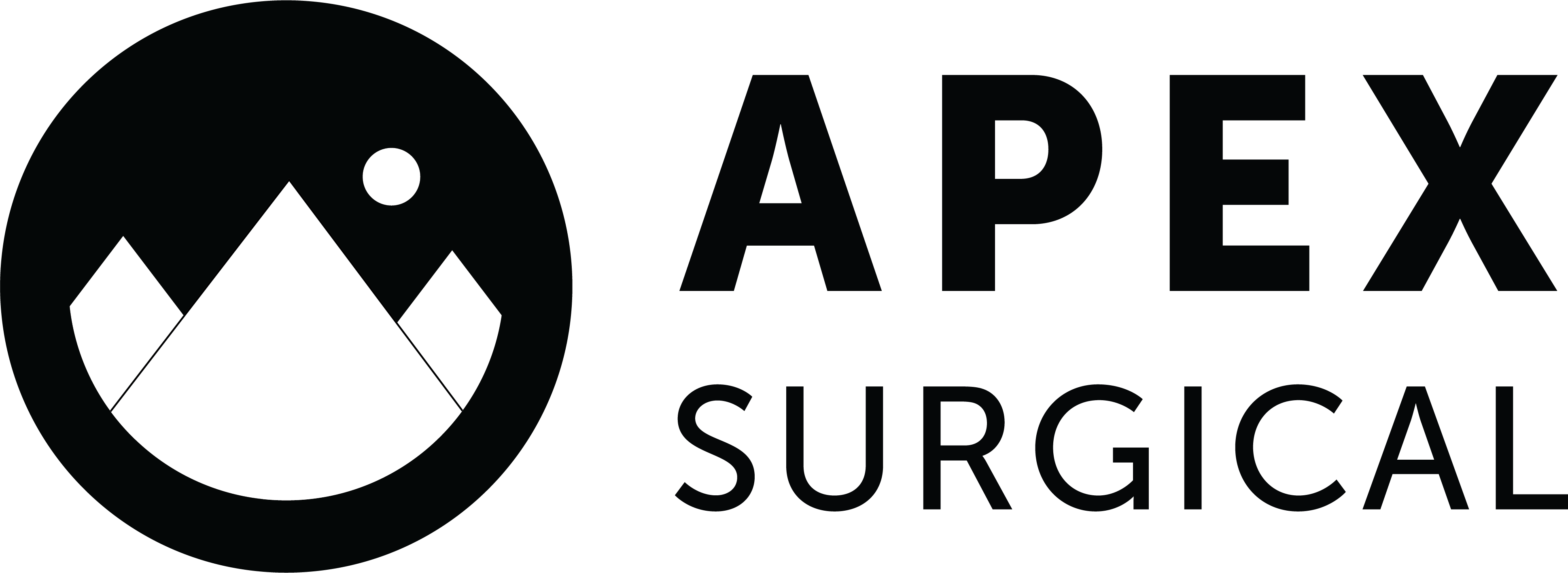PICK YOUR LENS
INTRAOCULAR LENS SELECTION

Which Lens
Is Right For Me?
There are many Intraocular Lenses (IOL's) to choose from. Thats why it’s important to understand what each type of lens can offer, so you can make an informed decision.
During your consultation with Dr. French or Dr. Belliveau, you will discuss your options and come up with a solution based on your needs and your desired outcome.
If you’d like to learn more about the different lens options that may be used during your surgery, please see below:
Selecting A Lens Option
For Your Lifestyle
Watch This Short Video Explanation

The Clareon Vivity Extended Depth of Focus Lens
The Clareon Vivity is the first-of-its-kind extended depth of focus lens that provides you with a continuous range of vision for distant and intermediate tasks, while also providing you with functional near visual sharpness.
Functional near visual sharpness reduces your need for glasses when performing up-close tasks such as using your smartphone or reading a menu in adequate light, compared to a basic monofocal lens. See the comparison diagram below:

The Clareon PanOptix Trifocal Lens
One of the main benefits of Clareon PanOptix Trifocal lenses is that you can get better vision for cataract patients or patients seeking glasses independence through refractive lens exchange.
Intermediate clear vision tasks include things such as shaving, applying your makeup, and working on a computer. Near clear vision tasks include sewing, writing, and reading.

The Clareon Toric Enhanced Lens
The most advanced method of distance correction uses a lens called a Clareon Toric lens. The Toric lens incorporates unique optics to compensate for specific deficiencies in your vision.
If you suffer from astigmatism, you are able to have implanted at the time of surgery a monofocal lens called the Clareon Toric Enhanced Lens, which could improve your vision more than having a standard monofocal lens fitted.
Clareon Toric lenses treat astigmatism to give you the best distance vision possible and reduce your dependency on glasses. Those with astigmatism may elect for a Toric Enhanced Lens providing natural distance vision.
Intraocular Lens
Frequently Asked Questions
What is an Intraocular lens (IOL)?
An Intraocular Lens is an artificial lens that is implanted during surgery to replace the natural lens that has become clouded due to cataracts. After a surgeon removes your cataract/clouded lens, he or she will implant the intraocular lens you discussed before your procedure.
Are there different types of IOL replacements?
There are a variety of lens implants that can help you correct your eyesight. The two main types of lens implants to choose from are:
Monofocal lenses – These types of lenses provide good distance vision. Their function is to either correct distance vision or near vision, but not both. Due to the challenge of only correcting one condition, you might need to wear glasses. It will help you with the other compromise of your focus condition.
In some cases, your doctor might recommend blending the mono-focal lenses, using a distance lens in one eye and a near lens in the other, to help your sight focus adequately.
Multifocal lenses – Recently, manufactures have designed other lens implants have to tackle both near vision and distance vision. These lenses are called multifocal lenses. They offer a better chance of eyesight correction success, so you can see far and read a book without the need for glasses.
Multifocal lenses have various designs, all created to correct your vision while reducing your need to rely on spectacles. The most common type of lens used is the trifocal lens that allows you to see far distances, have intermediate vision focus, and see near objects. Have questions on which is the best refractive lens implant you want, consult with us and find out which are the best choices for you.

Should I Get A Premium IOL?
Whether you should choose a premium IOL depends on what you want to get out of cataract surgery.If you're comfortable wearing glasses or contacts after cataract surgery, you may be happy with a standard monofocal IOL..If you want clearer vision and independance from glasses and contact after surgery a Premium Toric lens may be for you.
Can I book an appointment online?
Yes. you can arrange a free consultation with Dr. French at APEX Surgical by clicking the link below.
Office: 4 Grenfell Drive
Call: 709.639.3937
Email: info@apexsurgicalnl.com
Site: apexsurgicalnl.com

